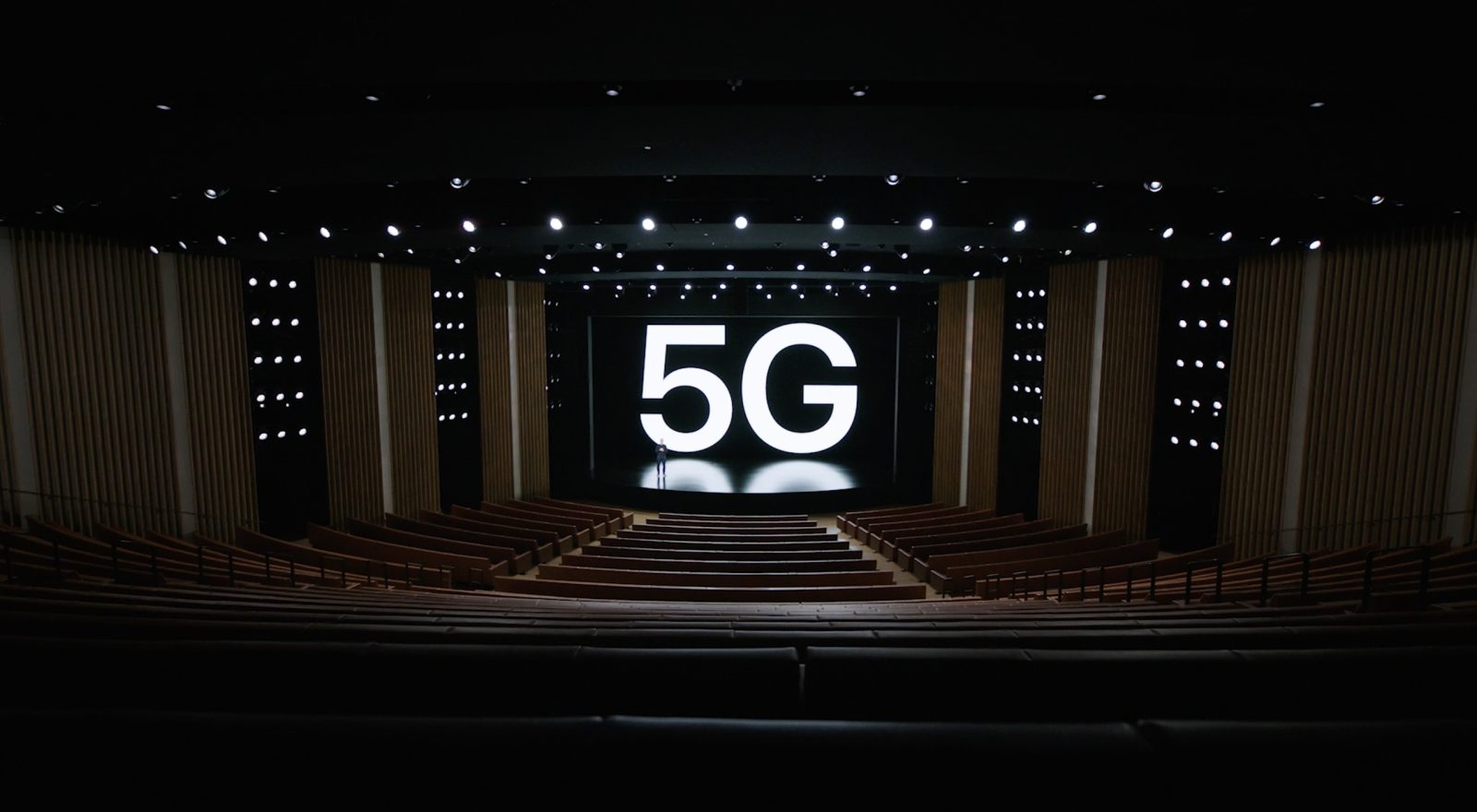
Apple has been working on its own cellular modems for years, with little to show for it. But according to Ming-Chi Kuo, it seems the company is finally ready to move its 5G chips in-house in 2025.
Ming-Chi Kuo, in an article on X, writes:
Apple is accelerating its move away from reliance on Qualcomm. In 2025, two new iPhone models will ditch Qualcomm’s 5G chips and adopt Apple’s in-house 5G chips: the iPhone SE4 (1Q25) and the ultra-slim iPhone 17 (3Q25).
Apple’s plan is for a phased adoption of its own in-house 5G chips. Rather than switching all new iPhone models to its proprietary modems in 2025, the company plans to use them in only two models:
- the iPhone SE 4, which will release in the spring
- the new ultra-slim iPhone 17 model that will debut in the fall
Bringing Apple’s own 5G chips to only two devices means the other new 2025 iPhones will still utilize Qualcomm’s 5G chips, as all modern iPhones up until this point have done.
Not only will the new iPhone 16 lineup this fall come with Qualcomm modems, but so too will 2025’s iPhone 17, iPhone 17 Pro, and iPhone 17 Pro Max.
If all goes well with the ramp up and distribution of Apple’s in-house cellular chips, we will undoubtedly see them added to the full iPhone lineup in 2026 and beyond.
At the beginning of this year, Apple signed a new contact with Qualcomm to continue employing its 5G modems until March 2027. However, the company can gradually phase out Qualcomm during this period, and may even find other ways to fulfill its contract that don’t involve the iPhone.
9to5Mac’s Take
Apple finally introducing its own 5G modems is big news that’s been years in the making. Its rollout strategy is curious, though.
It makes a lot of sense to only add the new 5G chips to certain iPhone models at first. What’s curious is the models Apple has chosen. If the iPhone SE 4 gets the new in-house modem in the spring, it will feel like a strange omission when the high-end iPhone 17 Pro and Pro Max stick with Qualcomm nearly half a year later.
In any case, it will be interesting to see in time how performance between the different modems fares. Will Apple’s in-house solution bring advantages? Time will tell.
FTC: We use income earning auto affiliate links. More.

 5 months ago
36
5 months ago
36



![Nomad makes traveling a breeze with affordable eSIMs for iPhone [Save 20%]](https://i0.wp.com/9to5mac.com/wp-content/uploads/sites/6/2024/12/2000_1125.jpg?resize=1200%2C628&quality=82&strip=all&ssl=1)




 English (US) ·
English (US) ·